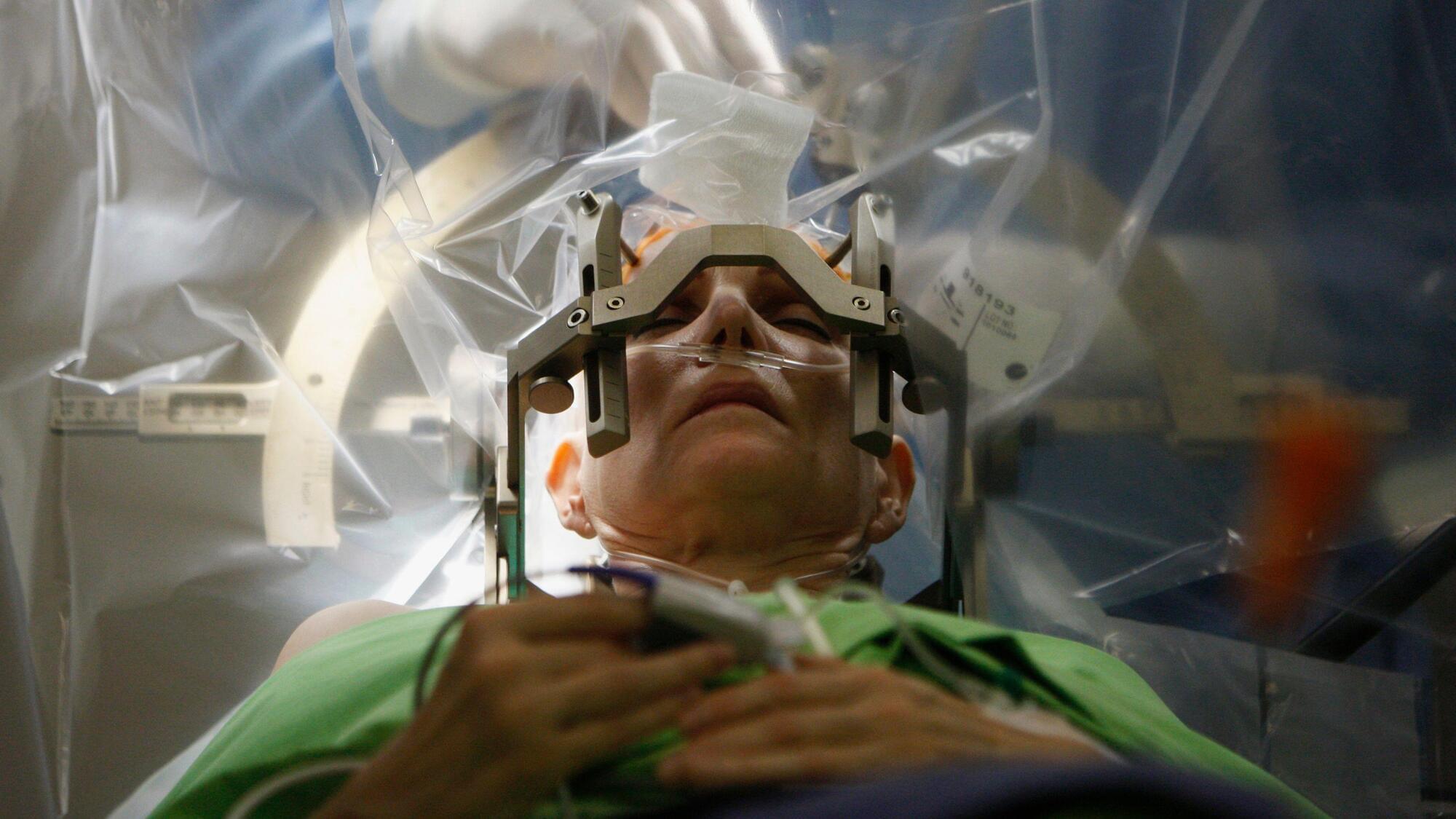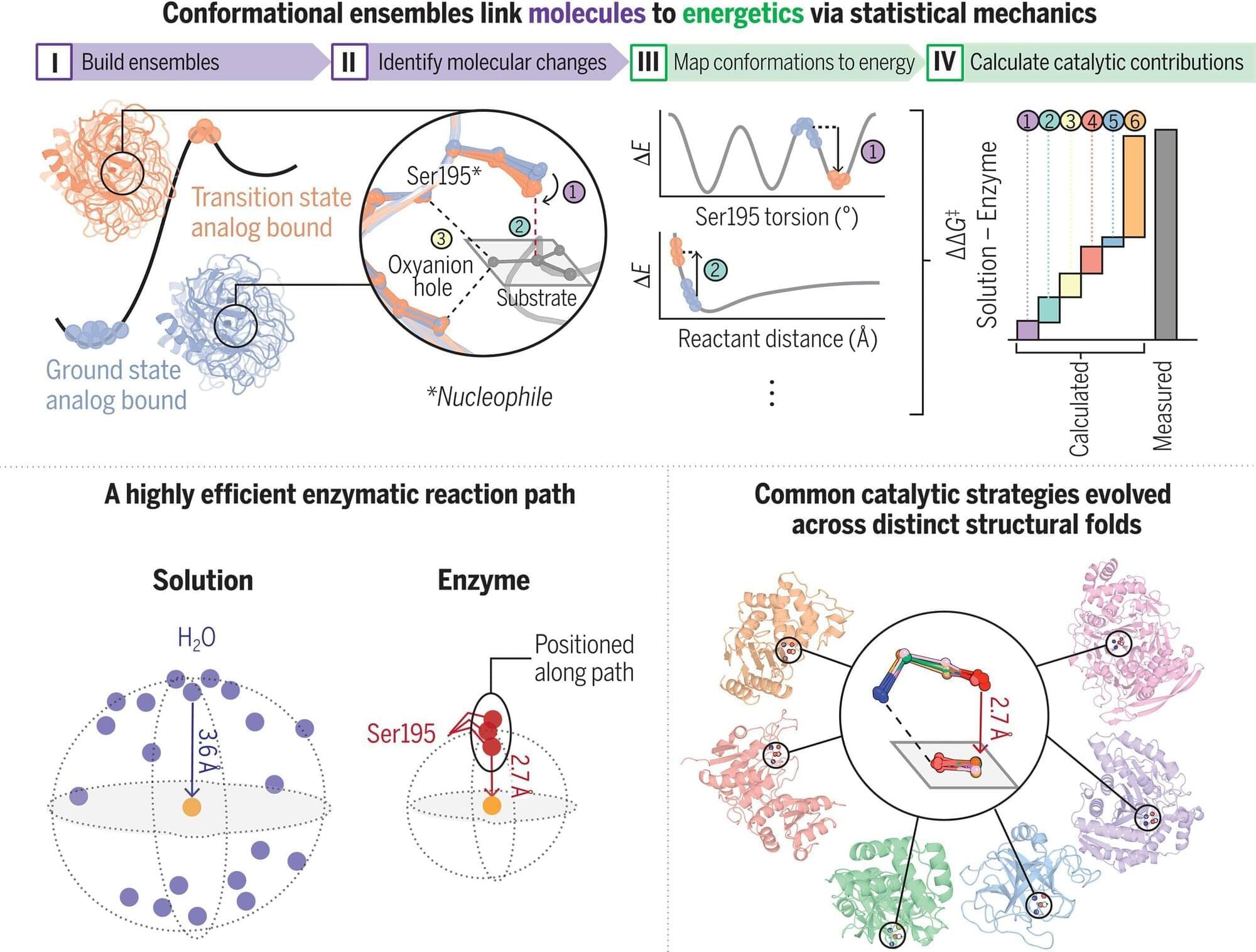Ancient texts warn of love turning into hatred, as seen in stories like Cain and Abel or “Et tu, Brute?” This talk explores the neurobiology of hatred based on the biology of love: the oxytocin system, attachment networks, and biobehavioral synchrony, which mature through mother-infant bonding and later support group solidarity and out-group hostility. Using this model, we developed Tools of Dialogue© for Israeli and Palestinian youth. After 8 sessions, participants showed reduced hostility, increased empathy, hormonal changes (lower cortisol, higher oxytocin), and lasting attitudes of compromise. Seven years later, these changes supported their peacebuilding efforts, showing how social synchrony can transform hatred into reciprocity and cooperation. Recorded on 02/14/2025. [Show ID: 40386]
Donate to UCTV to support informative & inspiring programming:
https://www.uctv.tv/donate.
Learn more about anthropogeny on CARTA’s website:
https://carta.anthropogeny.org/
Explore More Humanities on UCTV
(https://www.uctv.tv/humanities)
The humanities encourage us to think creatively and explore questions about our world. UCTV explores human culture through literature, history, ethics, philosophy, cinema and religion so we can better understand the human experience.
Explore More Science & Technology on UCTV
(https://www.uctv.tv/science)
Science and technology continue to change our lives. University of California scientists are tackling the important questions like climate change, evolution, oceanography, neuroscience and the potential of stem cells.
UCTV is the broadcast and online media platform of the University of California, featuring programming from its ten campuses, three national labs and affiliated research institutions. UCTV explores a broad spectrum of subjects for a general audience, including science, health and medicine, public affairs, humanities, arts and music, business, education, and agriculture. Launched in January 2000, UCTV embraces the core missions of the University of California — teaching, research, and public service – by providing quality, in-depth television far beyond the campus borders to inquisitive viewers around the world.





